
Pakistan is heading in the right direction at a desirable speed in the alternative energy sector, according to Alternative Energy Development Board (AEDB) Chief Executive Arif Alauddin on Monday.
Talking to The Express Tribune at the 5th Power and Alternative Energy Exhibition Asia, Alauddin said, “It is a misperception that Pakistan is moving slowly in alternative energy.” However, he emphasised the need to wait and observe results of the groundwork that has been carried out over the last couple of years.
He explained that Pakistan was a late entrant in the alternative energy sector and banks’ reluctance to lend to investors was further hurting potential projects. “If you apply for car financing, you receive easy access to funds, but acquiring finance for alternative energy projects is difficult, as banks do not possess sufficient knowledge of the sector,” said Alauddin.
When asked why major projects were not being finalised, he informed that the process, from approval of the project to generation of power production, was a very long one. “Even if a project of two megawatts is initiated, it may take up to five years till electricity is produced. However, this is not unusual because three years is the standard time in other countries,” he claimed.
Speaking during the technical session, he informed that solar panel sales in the country in the last two months exceeded annual sales in the last few years.
Alauddin said the government has been requested to provide greater incentives to the sector in the upcoming budget. The government has exempted solar panels and turbines from all import duties, but it seems difficult for it to provide subsidies, owing to the financial problems, he added.
He said that it was difficult for people to install renewable energy projects for their homes, as the initial cost of solar panels was still very high.
Saving energy
Pakistan Engineering Council Chairperson Engineer Rukhsana Zuberi said the council was developing energy codes to save energy and called on the people to help by consuming minimal electricity.
The government is financing 55 demo units of five kilovolts to increase popularity of solar power in the country. The projects have been initiated at commonly-visited sites such as mosques and churches.
She also called for greater use of light emitting diodes (LEDs), rather than tube lights, saying up to 90 per cent power could be saved this way, and urged the government to provide incentives such as tax holidays to this sector.
Pakistan State Oil Deputy General Manager Nawaid Anjum Zaidi informed that use of bio-diesel was being promoted, while Jatropha – a fruit used to extract bio-diesel – was also being planted in Sindh.
Published in The Express Tribune, March 29th, 2011.






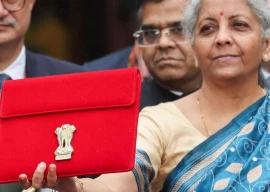

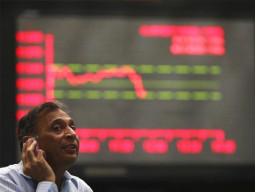


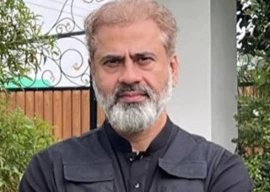


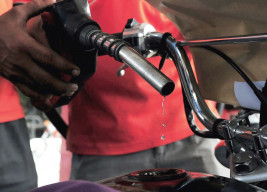
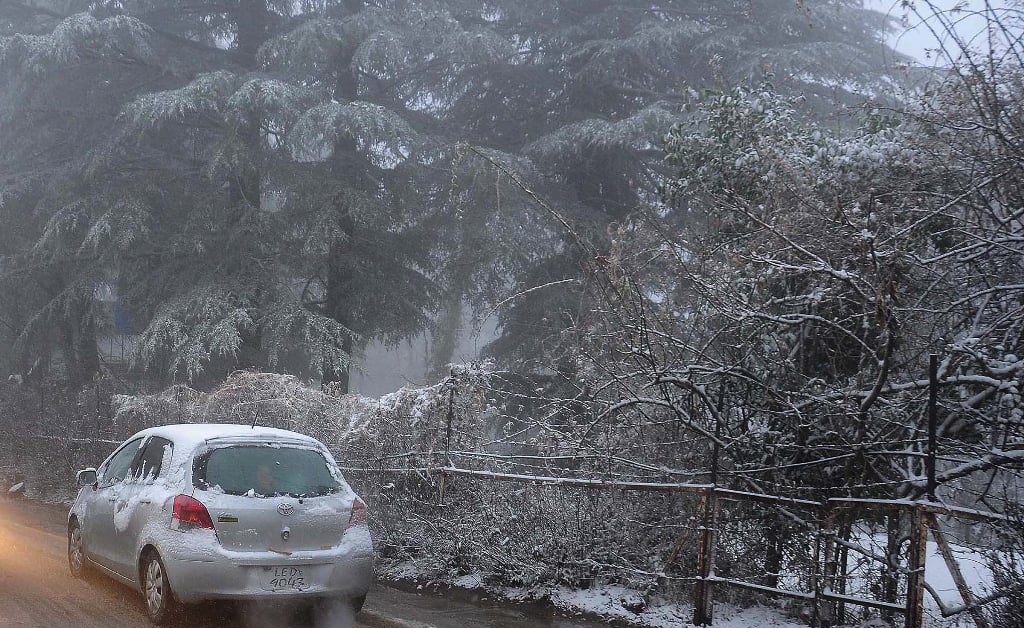
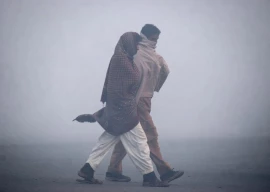




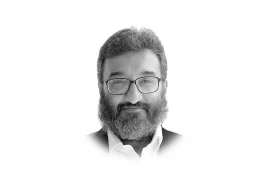

COMMENTS (5)
Comments are moderated and generally will be posted if they are on-topic and not abusive.
For more information, please see our Comments FAQ